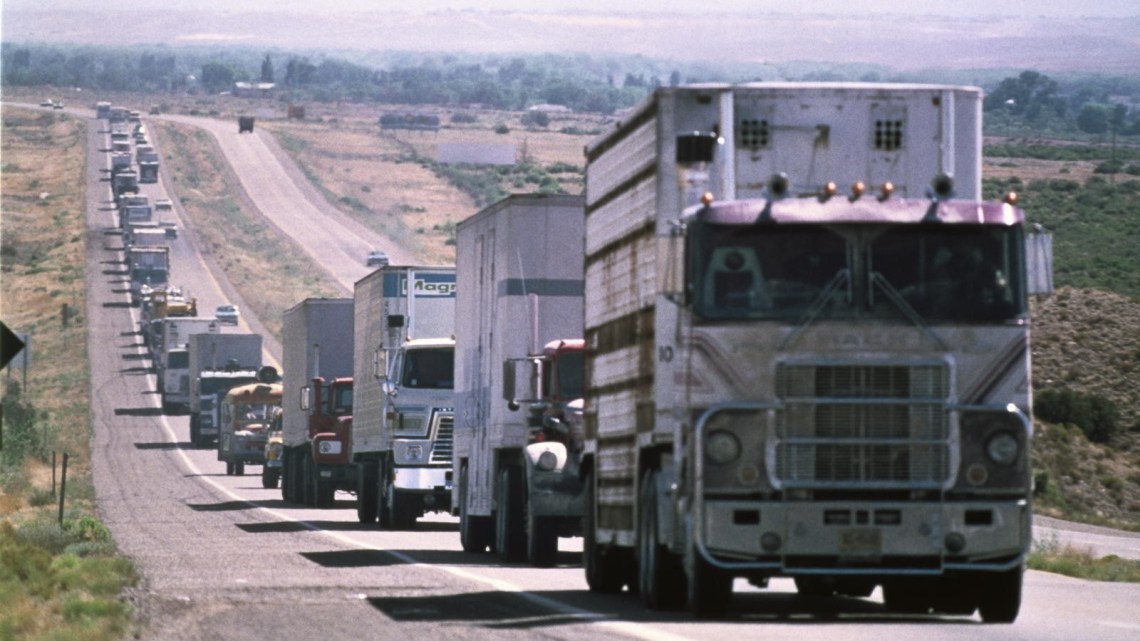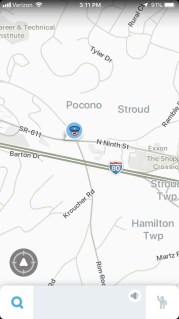“Breaker 1-9, you’ve got smokey in your tail.”

Remember the “good” old days? Yes, I’m dating myself. Mullets, leisure suits, CB radios and Friday evenings with “Knight Rider.”

Truckers and car drivers bought CB radios to alert fellow drivers about police checkpoints on the highway.
Drivers referred to the police as “Smokey.” Apparently, they came up with the term “Smokey” because it was illegal in some jurisdictions to report the location of a police officer.
As a constitutional lawyer, this really irritates me on 1st Amendment grounds but maybe I’ll comment on that in a different post. For now, I’ll just say that I always wanted to be part of a “convoy.”
However, my goal of being a truck driver has long passed (I’ve also given up on being a professional musician, a novelist, a neurosurgeon, and a Tennis professional. I guess aging means giving up on your dreams).
Millenials will have no idea even what “convoy” means. Ask your Dad. Baby boomers will knowingly smile.

There may still be CB’s, and there are always Smokeys looking to separate me from my hard-earned income. But, nowadays, we don’t need CBs anymore, thanks to Waze.
We now have this beautiful app which alerts us to accidents, potholes, traffic jams, and, of course, police checkpoints.
But one feature has Waze in conflict with law enforcement officials across the country: how the app marks the location of police officers on the roads ahead or stationed at drunken-driving checkpoints.
The New York Police Department, the largest force in the nation, says, “The posting of such information for public consumption is irresponsible since it only serves to aid impaired and intoxicated drivers to evade checkpoints and encourage reckless driving. Revealing the location of checkpoints puts those drivers, their passengers, and the general public at risk.”
The NY Times recently reported on how much the NY Police hates Waze. You’ll enjoy reading the Times’ article, or not, depending on your view.
Google previously faced pressure over Waze’s police location reports. After the fatal shooting of two New York police officers in December 2014, law enforcement officials called for the feature to be removed over concerns that it threatened officers’ safety.
Personally, I don’t recommend anyone violate the law. But I’m still using Waze, not just to detour around accidents but to avoid State Troopers hiding behind trees trying to separate me from my hard-earned cash.
So, what do you think? Are you deleting Waze from your phones? Do the police have a point? I’d love to hear your comments.
And, while I think of it, please follow my new Twitter account on all things motor vehicle and give me suggestions on articles you’d like to see: @PoconoAutoLaw.

